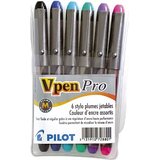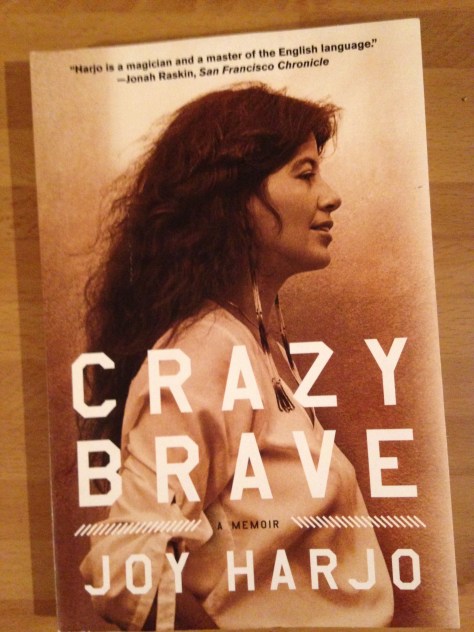It’s that time of year again, and the great thing about buying presents for writers is that you can give them something that will provide weeks or months of writing pleasure and inspiration without breaking the bank.
Here are some suggestions for things your writing friends might like – or if you’re a writer, why not treat yourself?
The name says it all, and they really are gorgeous. I’ve been using them for my writing journals for several years now. Great quality unruled paper, beautiful binding, a useful ribbon to mark your place and a handy pocket at the back for bits and pieces.

When I was a student I used to have three biros with me in lectures – one red, one blue and one black. I found that breaking the information down into different blocks of colour helped me to organise my thoughts at the time and remember them later, when I came to revise for exams.
Now, we have gel pens – my very favourite stationery item of all time. They write like a dream and come in every kind of vibrant colour. I use them for all my writing tasks including, of course, my gorgeous notebooks – this year’s is colour coded blue for dreams, red for dream commentaries, black for waking life and purple for books I’m reading.
I’ve tried all sorts of gels over the years, but the brands I keep coming back to are Pentel and Pilot.
3 Coach Yourself to Writing Success
Whatever kind of writing you do, it helps to understand what’s most important to you and create writing goals that fit with your core values. That way, you’re both more likely to succeed and also more likely to enjoy your success when you do. My friend Penny Dolan recommended this book to me some years ago, and I’ve recommended it to other writer friends ever since.

4 Go Stationery pocket notebooks
Even in these days of mobile phones, most writers like to carry a notebook somewhere about their person when they’re away from home, and these are perfect – not too big, bulky, or heavy to put in your pocket; soft but not flimsy covers; good quality unlined paper and attractive cover designs.

These definitely fit the bill!
5 A poetry collection
Not just writers, but everybody in the world can find solace, joy, companionship and inspiration in poems. Poetry is very much a question of personal taste, so it might be a good idea to go for a collection such as Being Human , Being Alive or Staying Alive.

6 A writing workshop – any writing workshop!
A place on a writing workshop will please your writer friends or writer self, and it’ll be something to look forward to at the end of the Christmas festivities.
I love going on other people’s workshops, and I’ve yet to meet another writer who doesn’t. (I’ve added the link to mine, but you can just google writing workshops in your area to find ones local to you)

7 Probably my favourite book on writing ever
Being a writer isn’t just a way you pass your time – it’s a part of the way you are. Developing a practice of writing is a profound kind of self development, and Natalie Goldberg brings a Buddhist sensibility to it which I love.

And speaking of self development…
8 Shamanic and Jungian tools for writers who want to rewrite their own story
This is a fascinating workbook with loads of writing exercises. Not for everyone, obviously, but I really enjoyed it.

9 A day out to somewhere interesting
Most writers are more excited by experiences than things, so how about a ticket to somewhere that might spark their imagination, such as a guided city walk or visit to a museum?

10 And finally…
Three companionable books for writers from me, which all include plenty of short creative tasks for you or your writer friends to take refuge in if you need to pace yourselves over the festive period.
For getting started, Writing in the House of Dreams; for keeping going, Happy Writing and for having fun with it, Free-range Writing.
There’s a little stocking filler too… 3 for £10
Happy Christmas shopping!
Have you got any recommendations for Christmas presents for writers?


















 It’s beautifully written, short but perfectly formed, with the text divided into four sections named after the directions – East for sunrise and beginnings, North for difficult teachings, West for leaving and being left, and finding your way in the darkness, and South for release.
It’s beautifully written, short but perfectly formed, with the text divided into four sections named after the directions – East for sunrise and beginnings, North for difficult teachings, West for leaving and being left, and finding your way in the darkness, and South for release.





